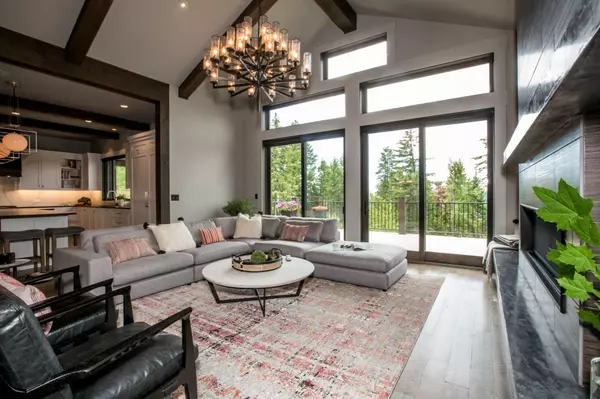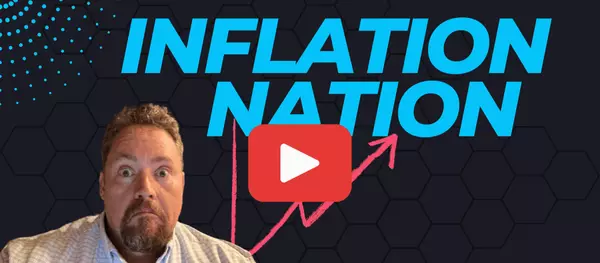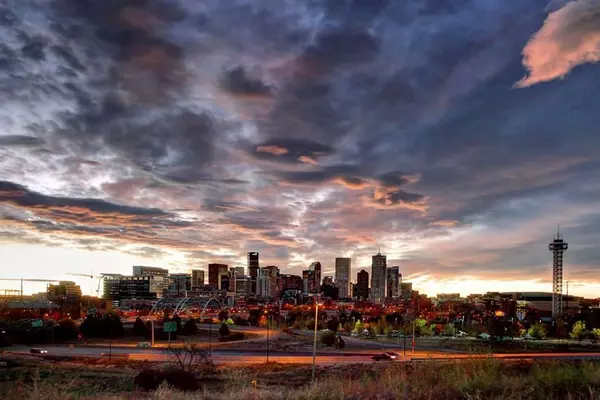There Could be Many Reasons for You to Turn Your Home into a Rental

For many, it can make sense to keep your primary home as a rental property, especially if you’re looking to bolster your real estate investment portfolio. And for anyone who took advantage of historically low interest rates just a few years ago, they are faced with the dilemma of selling and getting rid of that epically low rate forever. Yet many are, especially when it just isn’t financially feasible to hang onto multiple properties or buy the next one without cashing in. For those who want to keep their property that cash-flows and has a wonderfully low rate, or is paid off, there are benefits. Here are ones we came up with for you to consider. Additional Income: Renting out your home provides a source of passive income, helping offset mortgage payments, property taxes, and other expenses. Diversified Investment Portfolio: Owning rental property diversifies your investment portfolio, potentially providing long-term financial stability and growth. Tax Benefits: Landlords may be eligible for various tax deductions, including mortgage interest, property taxes, depreciation, and maintenance expenses. Asset Appreciation: Real estate values may appreciate over time, allowing you to build equity and potentially generate a profit when you eventually sell the property. Flexibility: Renting out your home offers flexibility in case you need to move for work, travel, or other reasons, providing a backup plan for housing. Market Demand: If there's strong demand for rental properties in your area, you may be able to secure reliable tenants quickly and achieve competitive rental rates. Long-Term Investment: Real estate is often considered a stable, long-term investment, providing a hedge against inflation and market fluctuations. Property Utilization: If you're not currently occupying the property, renting it out allows you to make use of the space and generate income rather than leaving it vacant. Potential for Cash Flow: Depending on rental income versus expenses, your rental property could generate positive cash flow, providing financial stability and additional funds for other investments or expenses. Future Options: Renting out your home provides the option to move back in or sell it at a later date, maintaining flexibility. This can be an especially nice option if your move may be temporary and is helpful to combat market uncertainty and fluctuation. If you’re considering hanging onto your primary home as a rental and the reasons above are speaking to you, it may just make sense in your case to do that.
Read MoreThe Top Reasons Not to Make Your Primary Home into a Rental

As a REALTOR, I meet with a lot of people who are faced with the question of whether or not to sell their home in order to buy the next one in the event they can afford to do so. That question has become even harder to answer now that so many homeowners took advantage of the historically low interest rates in the post-pandemic world of the early 2020s. Of course the answer to this question is going to be personal to you and your situation. Let me suggest several reasons why it may NOT be a good idea to keep your primary home as a rental. Shopping for a Rental vs. Your Dream Home: The first reason that gets overlooked as much as any is the fact that when you shop for a rental you shop based on drastically different criteria than when you’re looking for your ideal dream home, if you will. You will have different aspects of a property that stand out and matter to you when you’re looking for a home you want to live in compared to when you shop for one to put renters in. That leads me to my next point… Personal Attachment: You may have emotional ties to your home, making it difficult to deal with potential tenant issues or changes to the property. Uncertain Rental Market: If the rental market in your area is weak or unstable, you may struggle to find reliable tenants or achieve desired rental income. Maintenance Costs: As a landlord, you're responsible for maintaining the property, which can incur significant costs over time, especially if the home is older or requires frequent repairs. And renters never care for your property the way you would…ever. Legal and Financial Risks: Landlords are exposed to various legal and financial risks, including liability for tenant injuries, property damage, and potential lawsuits. If you’re not familiar with your liabilities as a landlord, you’re going to want to bone up on them. Loss of Flexibility: Converting your primary home into a rental limits your ability to sell or make changes to the property without disrupting tenants or terminating lease agreements. Mortgage Considerations: Some mortgage lenders have restrictions or may require approval for converting a primary residence into a rental property, potentially complicating the process. Property Depreciation: Renting out your home could result in wear and tear that depreciates its value faster than if it were owner-occupied. Tenant Management: Dealing with tenant turnover, late payments, or disputes can be stressful and time-consuming, especially if you don't have experience as a landlord. Local Regulations: Landlord-tenant laws, zoning regulations, and homeowner association rules may impose restrictions or additional requirements on renting out your property. Potential Loss of Tax Benefits: Converting your primary home into a rental property may impact your eligibility for certain tax deductions or exemptions associated with homeownership. If you’re ready to take on these obstacles and it just makes financial sense for you, by all means, rent away. Our next blog focuses on several reasons why turning your primary home into a rental could be right for you.
Read More
Categories
- All Blogs 59
- advice 18
- broomfield colorado 1
- buying land 1
- client experience 8
- colorado 11
- commerce city colorado 2
- denver metro area 11
- ELEVATE newsletter 13
- FAQs 1
- firestone colorado 1
- first-time homebuyers 8
- foothills properties 1
- for sellers 8
- home improvements 1
- home valuation 1
- homebuyers 21
- homebuying in 2024 10
- inflation 4
- interior design & decor 1
- investing/investors 3
- land surveys 2
- local news 10
- matt thomas 3
- monthly housing updates 7
- mortgage interest rates 11
- mortgage lending 8
- mountain properties 1
- moving 2
- national news 8
- negotiations 2
- open houses 1
- opinion 2
- press release 3
- property management 2
- property taxes 2
- radon 1
- ReaL Broker 2
- relocating 4
- remote homebuying 1
- rentals 1
- renting 1
- senior homeowners 2
- showings 3
- the altitude group 4
- thornton colorado 3
- videos 4
- vocabulary 4
Recent Posts










